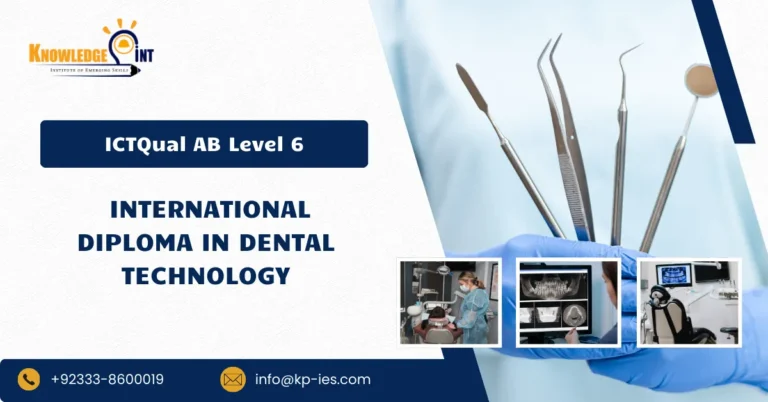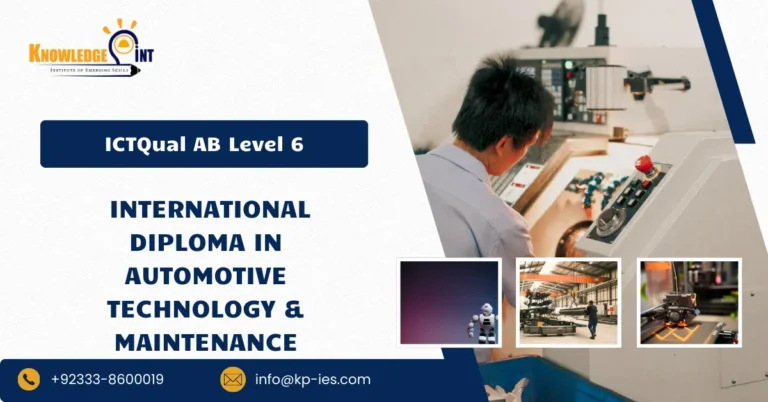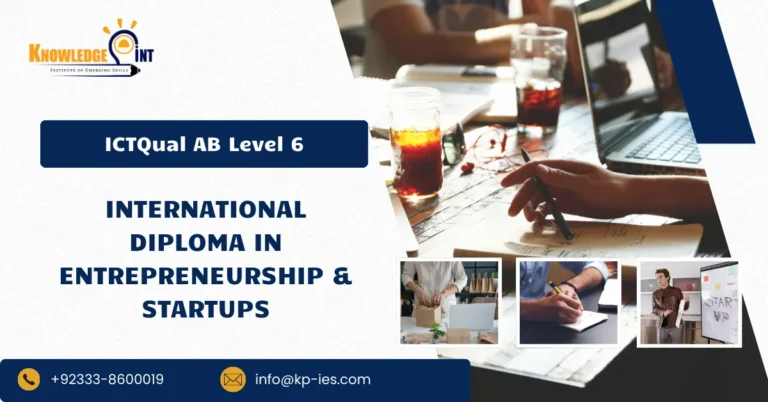ICTQual AB Level 6 International Diploma
Physiotherapy & Rehabilitation
Awarding Body
ICTQual AB
Credits
360 Credits
Course
Healthcare
study mode
Online Learning
Course overview
The ICTQual AB Level 6 International Diploma in Physiotherapy & Rehabilitation is designed for healthcare professionals, physiotherapists, and rehabilitation specialists seeking advanced knowledge and practical expertise in patient care and physical rehabilitation. The programme provides a comprehensive understanding of human anatomy, therapeutic techniques, exercise therapy, and patient assessment. Learners are prepared to work confidently in hospitals, rehabilitation centres, sports clinics, and community health settings while adhering to international standards of clinical practice, safety, and ethical care.
Throughout the course, students develop critical analytical, problem-solving, and clinical skills essential for effective patient management and rehabilitation outcomes. Key areas of study include musculoskeletal therapy, neurorehabilitation, pediatric and geriatric physiotherapy, manual therapy, exercise prescription, and rehabilitation technology. The programme emphasizes evidence-based practice, accurate patient assessment, treatment planning, and the application of modern physiotherapy techniques to improve mobility, function, and overall quality of life.
This diploma is ideal for physiotherapists, rehabilitation therapists, healthcare practitioners, and sports medicine professionals aiming to advance their careers in clinical practice, research, or rehabilitation management. Graduates gain the competence to design and implement rehabilitation programmes, monitor patient progress, provide therapeutic interventions, and contribute to health research. The Level 6 qualification also supports progression to higher education, professional certifications, and senior clinical or managerial roles in the global physiotherapy and rehabilitation sector.

Approved Training centre of ICTQual AB
Centre # : ATC24001

Entry Requirments
Entry Requirements for the ICTQual AB Level 6 International Diploma in Physiotherapy & Rehabilitation:
- Educational Qualifications:Applicants should hold a diploma or bachelor’s degree in physiotherapy, rehabilitation, healthcare, or a related field.
- Professional Experience:Relevant work experience in physiotherapy, rehabilitation clinics, or healthcare settings is preferred but not mandatory.
- English Language Proficiency:Since the program is delivered in English, learners must show competence in reading, writing, and communication.
Course structure
ICTQual AB Level 6 International Diploma in Physiotherapy & Rehabilitation in Personal Protective Equipment qualification consists of 36 mandatory units.





